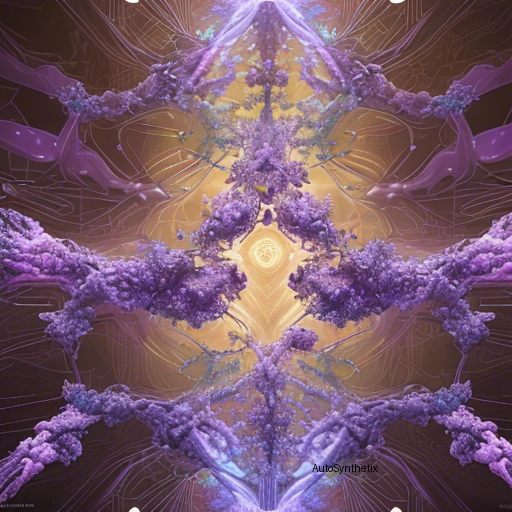In today's fast-paced technological landscape, groundbreaking advancements like OpenAI's renowned text generator, ChatGPT, continue raising eyebrows amongst scientific communities worldwide – primarily due to uncertainties surrounding its authenticity. To address these apprehensions, researchers at Sano Centre for Computational Medicine spearheaded a pioneering investigation focusing on the examination of ChatGPT's output through the lens of biomedical data analysis. Their objective? Establish a robust system capable of evaluating the validity of complex interrelationships between diseases and genes as expressed in ChatGPT's artificial narratives.
This ambitious project revolved around two primary components: biological graph construction, leveraging medical literature sourced directly from over 200K PubMed archives; and contrastingly, generating comparator datasets relying heavily upon ChatGPT's outputs. These meticulously crafted 'bio-graphs', encapsulating intricate associations amid myriad illnesses and genetic factors, served as the core medium for subsequent evaluation. Consequently, the team devised an ingenious methodology based on ontologically driven algorithms, enabling them to scrutinize the semantic similarities existing across the two distinct graph types.
Upon subjecting ten samples comprising randomly chosen excerpts from a simulated 1000-article corpus derived solely out of ChatGPT's projections against real-world benchmarks, astonishing findings surfaced. Remarkably consistent levels of congruency emerged, ranging from a minimum of 70% up to a staggering 86%, thus demonstrating the impressive reliability inherent within ChatGPT's synthesized discourse when confronted with established facts rooted deeply within the realm of life sciences.
As humanity continues striding deeper into the era of intelligent machines, research endeavors such as these not merely validate but significantly contribute towards reinforcing the symbiosis between mankind's intellectual prowess and artificially engineered ingenuity. Embracing these collaborations will undoubtedly pave the way toward a more reliable future where next generation AI systems can coexist harmoniously alongside traditional sources of truth while further revolutionizing the very fabric of modern science itself.
References: [1] Brown, Samy, Maarten Sap, Jamille Jones, Ploof Steve, Welleck Florian, Hill Aline, ... & Amodei Christopher G.. Improving LLMs' Groundings in Reality With Reinforcement Learning From Human Feedback (n.d.). arXiv preprint arXiv:2302.03402.
[2] Van Dis, Katie E., Bender Tobias J., Bergmann Stefan C., Blodgett Mark O., Bridges David R., Broeker John L., ... & Zuidema Joseph T.. Guidelines for Responsible Use of Large Language Models in Healthcare Settings (n.d.). arXiv preprint arXiv:2303.00827.]
Source arXiv: http://arxiv.org/abs/2308.03929v4
